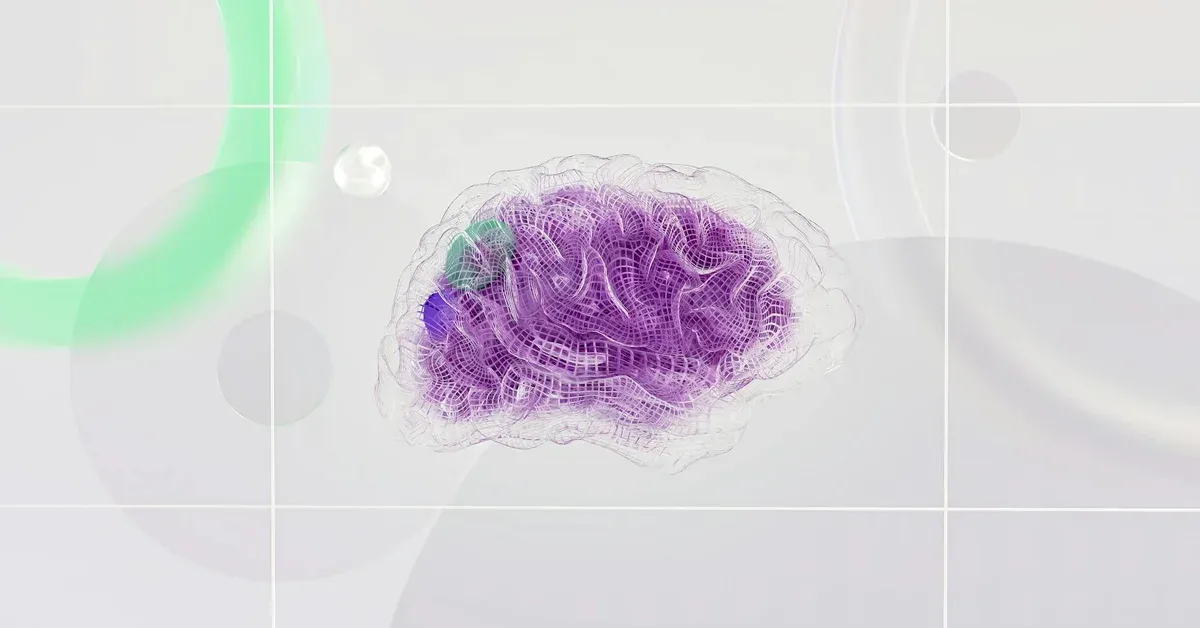
Ever wonder why you remember random song lyrics from 1998 but forget where you put your keys five minutes ago? Your brain isn’t broken. It’s actually running a sophisticated cleanup system, and dopamine is the janitor.
New research shows that forgetting isn’t a glitch in your mental software. It’s a deliberate feature. Scientists studying tiny worms have discovered that our brains actively delete information we don’t need, and dopamine plays a starring role in this process.
Your Brain Has a Delete Button
For years, scientists thought forgetting happened because memories just faded over time, like old photographs yellowing in a drawer. Turns out, that’s not the whole story.
Your brain actively chooses what to forget. It’s like having a personal assistant who quietly removes outdated files from your mental desktop while you sleep. This process, called “active forgetting,” helps you learn new things and make better decisions.
Dopamine, the chemical famous for making you feel good when you eat chocolate or get a text notification, has a secret second job. While it helps you form important memories, it also helps erase the ones you don’t need anymore.
This changes everything we thought we knew about memory. Your brain isn’t just recording experiences like a camera. It’s more like a smart editor, constantly deciding what’s worth keeping and what should hit the trash. Understanding this active role of dopamine and forgetting could help us treat memory problems in completely new ways.
What Tiny Worms Taught Us About Memory
These discoveries come from studying Caenorhabditis elegans, a worm so small you’d need a microscope to see it. Don’t let their size fool you. These little creatures share 80% of our genes and have taught us massive lessons about how brains work.
Researchers trained these worms to connect certain smells with food. Then they watched what happened when they tweaked the worms’ dopamine levels. The results were eye-opening.
More dopamine didn’t just mean stronger memories. It also sped up forgetting of certain associations. The worms’ brains were using dopamine like a traffic controller, deciding which memories to keep in the fast lane and which ones to route to the exit ramp.
As researchers from Flinders University explained, dopamine helps the brain “forget on purpose, not by accident.” Your brain is constantly running cleanup, making sure irrelevant details don’t clog up your mental processing power.
Think about your phone’s storage. It automatically clears cached data so new apps can run smoothly. Your brain does something similar, but infinitely more sophisticated. Dopamine helps sweep away mental clutter so you can focus on what matters right now.
Why Forgetting Makes You Smarter
This dopamine-powered cleanup system isn’t just neat science. It’s essential for living in a world that changes every day. Imagine if you remembered every conversation, every billboard, every random thought with equal intensity. You’d be paralyzed by information overload.
This research could revolutionize how we approach memory disorders. People with ADHD, where working memory can feel chaotic, might benefit from treatments that help fine-tune this natural forgetting process. The same goes for people stuck in loops of unwanted thoughts or traumatic memories.
We’re not talking about erasing important memories. This is about understanding how your brain naturally manages its vast library of experiences. It’s the difference between a messy desk where you can’t find anything and an organized workspace where everything important is at your fingertips.
The next time you forget something trivial, don’t be frustrated. Your brain just decided that information wasn’t worth the storage space. As scientists continue studying dopamine and forgetting, we’re getting closer to understanding one of the most elegant systems in biology: a brain that knows exactly when to remember and when to let go.